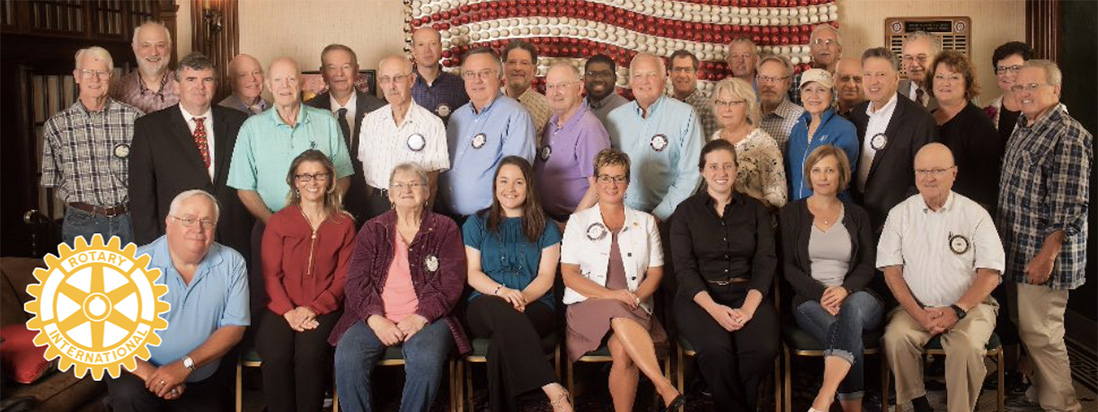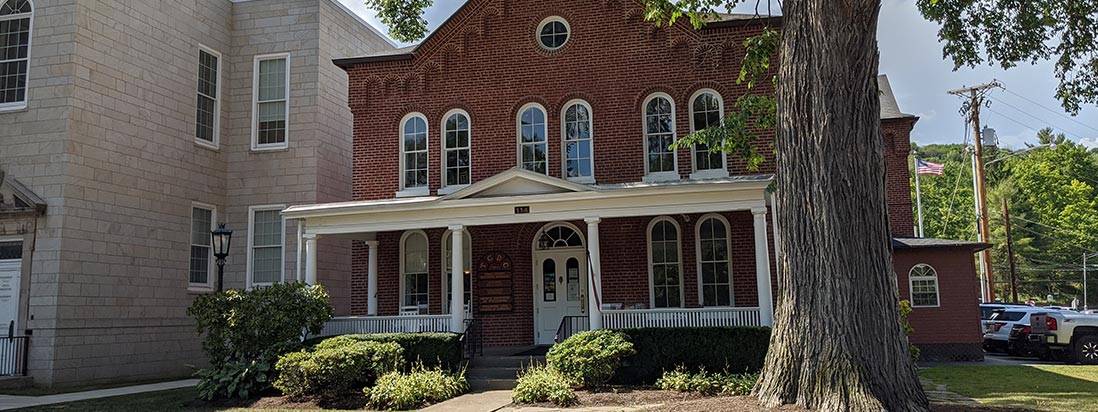Creature Care: Multimodal & Regenerative Medicine
On this broadcast of Creature Care, Dr. Weiner answers the question: Is there anything more that can be done for a pet to help them heal, keep them active, and relieve their chronic arthritis pain besides the usual anti-inflammatory medications?
His answer is the principle of ‘Multimodal Medicine.’ This approach utilizes various therapy options to achieve faster complete healing, improved quality of life, and/or pain reduction. By employing multiple therapies, we can reduce the reliance on any single ‘modality’ and lessen, if not eliminate, the potential risk for negative adverse health effects that any single treatment or drug may cause.
A multimodal approach to an aging arthritic dog with stiff, painful knees and/or hips should include various pain relieving options beginning with an NSAID approved for dogs – (e.g., aspirin and acetaminophen are NSAID class pain relievers we do not recommend in dogs). Long-term use of a single NSAID medication can lead to other health issues like stomach ulcers and liver damage.
Adding appropriate amounts of Omega-3 fatty acids, the disease modifier known as Adequan and/or deep tissue Laser Light Therapy the dose amount of NSAID medication needed on a daily basis can be reduced. This treatment option is safer and healthier for the dog.
Other modalities that benefit the health and well-being of the arthritic dog include weight management and physical therapy. All of these options we will talk more about in future episodes of Creature Care. Dr. Weiner also introduces a new and exciting addition to regenerative medicine, veterinary patient care.
What is Regenerative Medicine?
Regenerative medicine is a fast-emerging branch of veterinary medicine in which the body’s cells heal and ultimately regenerate damaged tissues in acute and chronic conditions. This area of medicine includes platelet-rich plasma (PRP) and stem cell therapies.
– Platelet Rich Plasma (PRP)
– Platelet-rich plasma is an autologous (self-derived) conditioned plasma containing a high platelet concentration. Platelets contain numerous growth factors that facilitate tissue repair and healing. These growth factors are included in the alpha granule portion of the cell and are released from the platelet when activated (usually at an area of injury). A few examples of these growth factors are Transforming Growth Factor β (TGF-β), Platelet-Derived Growth Factor (PDGF), Insulin-like Growth Factor (IGF-1), Vascular Endothelial Growth Factor (VEGF), – –
– Epidermal Growth Factor (EGF), and Fibroblast Growth Factor (FGF). The roles of these growth factors range from vessel development and repair to cellular recruitment and activation.
– Stem Cells
– Stem cells are classified into two groups based on their origin: embryonic and adult stem cells. We will focus on adult stem cells. Adult stem cells are found in every tissue of the body, including bone marrow, adipose tissue, skin, and the liver. These cells can differentiate into any tissue (pluripotent) under the appropriate circumstances and can additionally activate surrounding cells to aid in wound healing and tissue repair. Stem cells can also go through several cell division/ replication cycles without differentiating into a specific tissue type.
Regenerative medicine offers a cost-effective, proven, long-lasting healing and pain relief option, utilizing the veterinary patient’s cells. Regenerative medicine is a drug-free, minimally invasive solution to acute and chronic orthopedic and soft tissue injuries, treating the patient from the inside out. Dr. Weiner and his Pleasant Valley Veterinary Care team will utilize the top-performing regenerative medicine system to provide this non-pharmaceutical option for the pets you love.
Treatment outcomes are dependent upon your system. Dr. Weiner uses a precisely engineered and validated approach for veterinary patients. The Companion Regenerative Therapies (CRT) System delivers immediate point-of-care treatments, including platelet-rich plasma (PRP) and bone marrow aspirate concentrate (BMAC), in less than 30 minutes. The best part? These treatments can be administered during a single patient visit, needing only one piece of equipment.
Platelet-rich plasma (PRP) and bone marrow aspirate concentrate (BMAC) stem cell treatments are two effective therapies that address the symptoms of certain orthopedic conditions and modulate the underlying pathologies to promote effective healing. (reference credits: http://Companionanimalhealth.com)
For more information on this and other topics related to the health and wellbeing of your pet dog or cat, contact Dr. Weiner:
Pleasant Valley Veterinary Care
102 South Buffalo Street
Elkland, PA 16920
814-258-5719
web: http://pvvc.net
Email: info@pvvc.net
Credits:
Videography: Andrew Moore
Video Editing: Andrew Moore
Writing: Dr. John Weiner
Anchor: Sara Vogt
Produced by Vogt Media
Home Page Sponsors: Pleasant Valley Veterinary Care























































